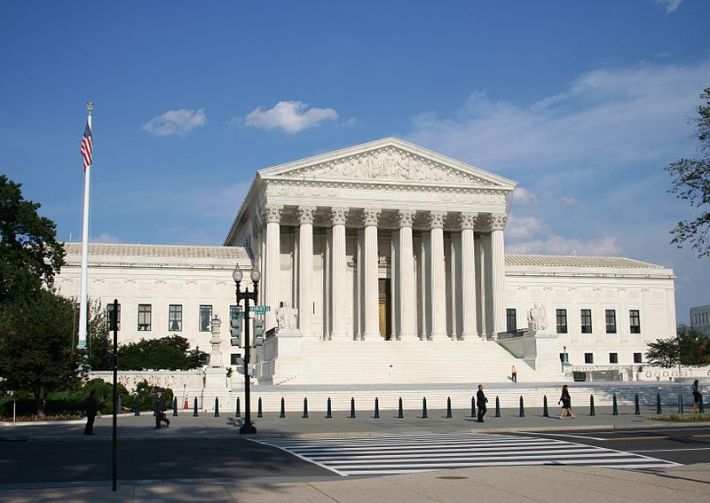It certainly won't be the most talked about Supreme Court decision handed down this week, but "Koontz v. St Johns River Water Management District" [PDF] will have a long-term impact on the ability of local governments to shape new development.

Tuesday, in a 5-4 decision, the Supreme Court ruled that a Florida water management district violated private property rights when it asked a local developer to help pay for the environmental mitigation of building on wetlands in return for a construction permit. In her dissenting opinion, Justice Elena Kagan said the ruling has the potential to “work a revolution in land-use law.”
The developer, Coy Koontz, wanted to fill more than three acres of Florida wetlands to build a shopping center. The water management district indicated it would grant Mr. Koontz a permit if he reduced the size of his development and agreed to spend some money on wetlands-restoration programs. Mr. Koontz refused, and successfully argued at the trial and appellate levels that the water district's actions violated his private property rights. The Florida Supreme Court disagreed, but now the highest court in the land has ruled in favor of Koontz.
Vermont Law School Professor John Echeverria wrote this week in the New York Times that the ruling could have a chilling effect on land use planning:
Cities and towns across America routinely attach fees and other payment obligations to permits, for example, to support wetlands mitigation banks, to finance roads, to pay for new schools or to build affordable housing. The ruling creates a perverse incentive for municipal governments to reject applications from developers rather than attempt to negotiate project designs that might advance both public and private goals.
Alex Dodds, a spokesperson for Smart Growth America, said the decision is a setback for public involvement in the planning process.
"The biggest potential casualty are the opinions of residents: It'll be much, much tougher now to incorporate community feedback into the formal approval process," she said.
But she said communities can avoid problems by being prepared.





